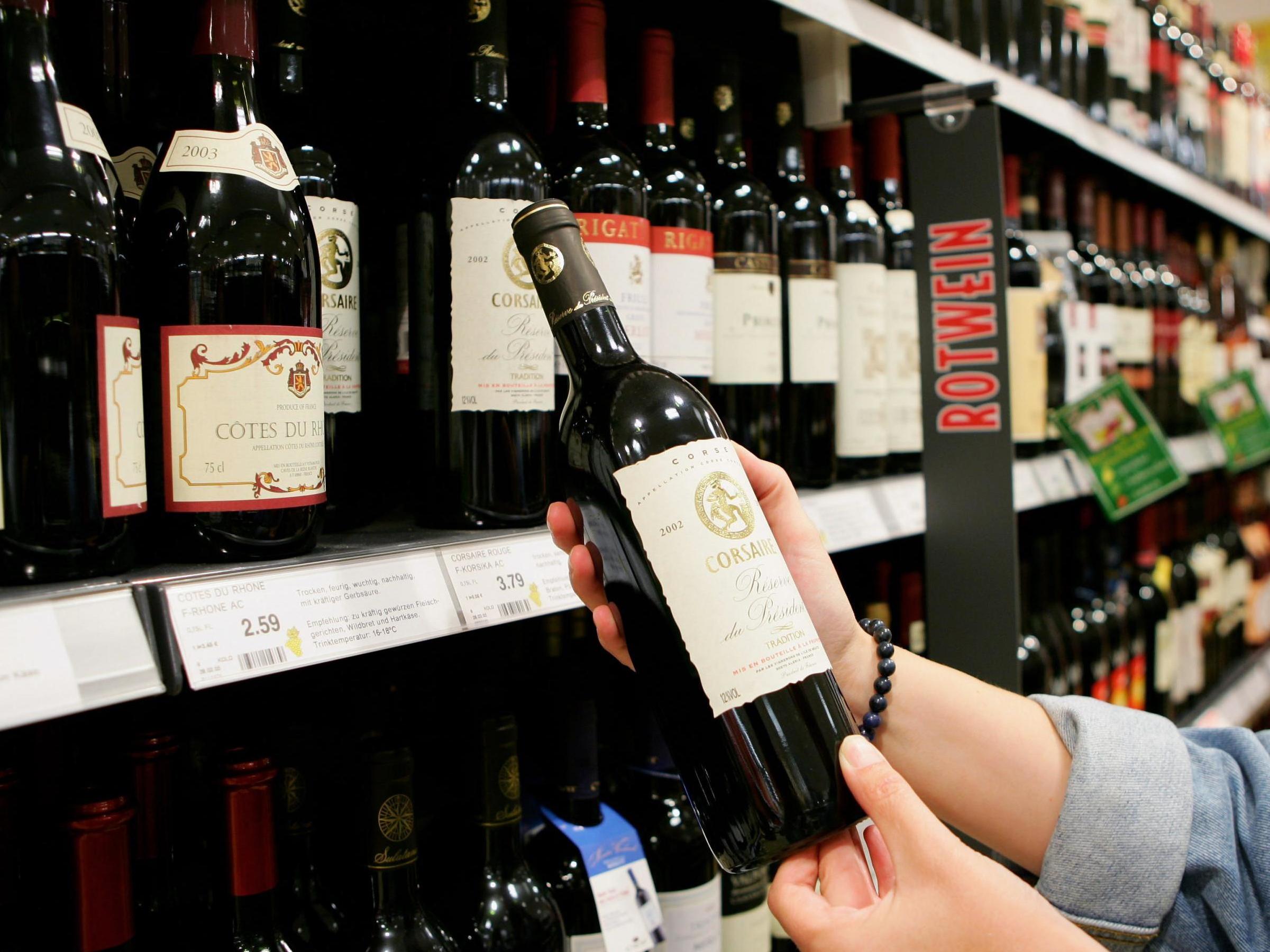The UK should admit it has an alcohol problem if off-licences are deemed ‘essential’
Wine and beer are flying off the shelves, but perhaps we need to look at our drinking habits, writes Janet Street-Porter


How has confinement impacted on our drinking habits? Even before the order to stay at home, hoarders and panic purchasing stripped the wine shelves in my local supermarkets – the only bottles remaining were those costing more than £10.
Last weekend – just before lockdown – wine and beer continued to be the supermarket staple we cannot do without, along with tinned tomatoes and toilet rolls. Now the list of “essential businesses” (which includes pet shops, hardware stores, pharmacies and petrol stations) has been extended to include off-licences, allegedly to cope with demand. Luckily the list included my local garden centre, where I bought plants and compost – probably because it also sells some food. The “essential” list does seem a bit arbitrary.
Breweries are lobbying for the right to deliver beer, claiming that they have lost trade to supermarkets. I’m not sure why off-licences have been granted this dispensation – in a YouGov poll this week, most people say they are drinking the same amount as before the crisis, without only 17 per cent saying they are consuming more.
Mind you, whenever the doctor asks me how many units I drink a week, I always say 10, when the truth is somewhat higher. Based on human nature, I would guess that 35 per cent of the population are drinking more – and who can blame them?
What we don’t need are attempts at home brewing – it can be a dangerous pastime. When my uncle attempted a particularly potent wine a few years ago, it blew the door off the cupboard and granny had to be rushed to hospital with shrapnel in her leg. Tesco say they are limiting online purchases to 80 items per order – so how much of that will be booze?
Join our commenting forum
Join thought-provoking conversations, follow other Independent readers and see their replies
0Comments